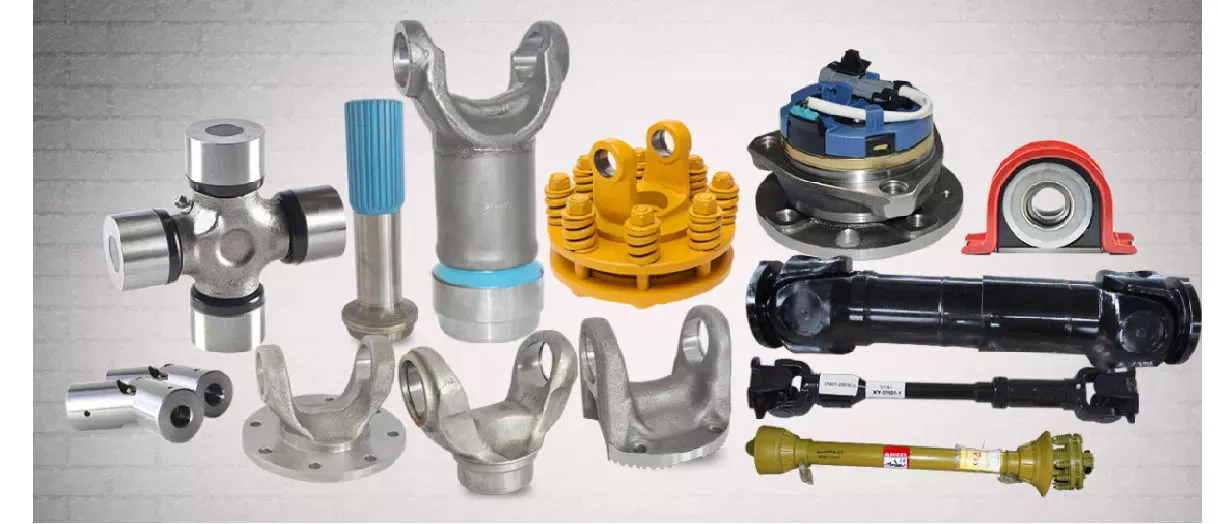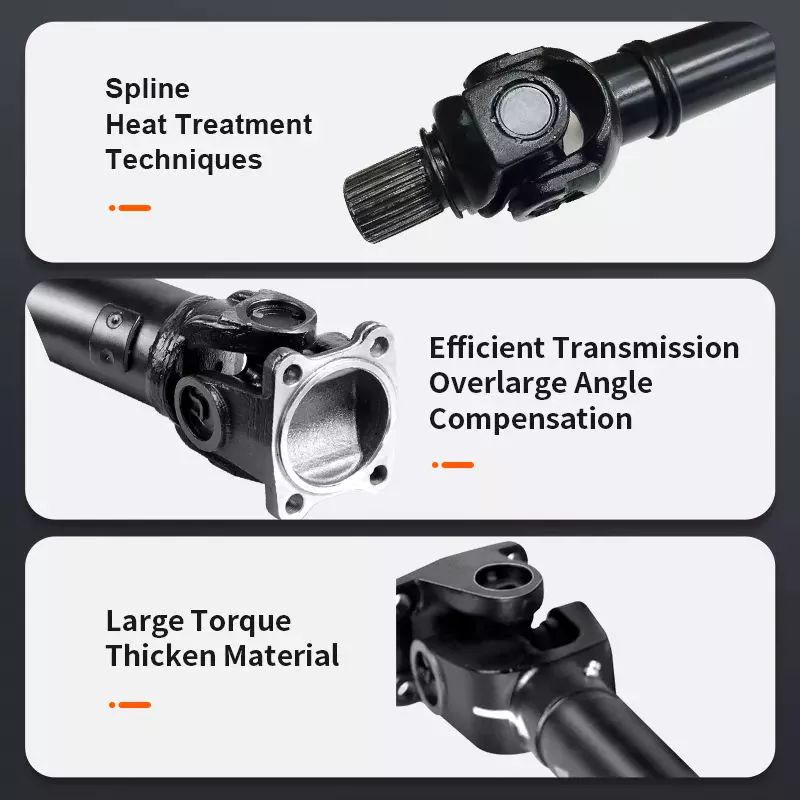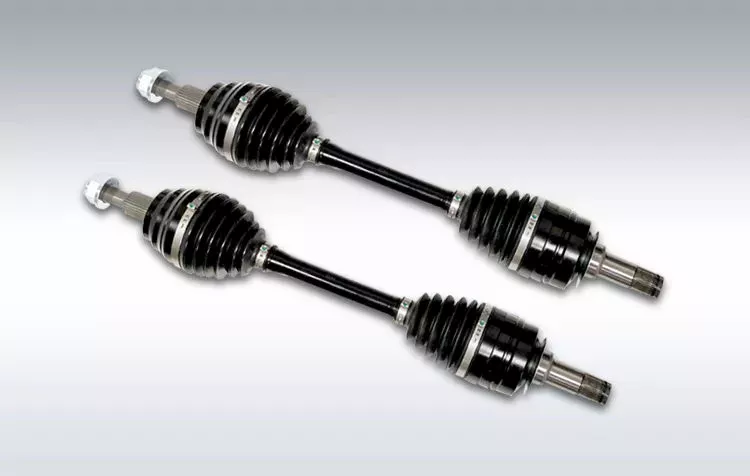Product Description
FAQ
Q1.Why choose us?
A1. Asia CZPT Elevator is a joint-stock enterprise integrating elevator R & D, design, production, sales, installation and maintenance.
Famous brand, already be confirmed by many customers
Domestic and overseas Sample projects are customers voice for our quality.
Q2: What advantages do you have?
A2:The intelligent production line adopts ABB6700 series products, and adopts 360 rotation type, from feeding to bending, to enter the roll line turnover work, and at the same time, enters the stiffener, head, gluing and arc welding process. These technology could guarantee the machine accuracy.
Q3. What information is absolutely needed before asking for price?
A3: 1. How many persons?
( 6 persons for 450kg,8 persons for 630kg, 10 persons for 800kg etc..)
2. How many floors/ stops/ doors?
3. What’s the shaft size? (width by depth)
4. Is there a machine room on the top of shaft?
Q4. How can we guarantee the good quality of your products?
A4 In during the production process we will inspect all purchased and produced parts and take a record after put in crates, before shipping out we will do the final inspection and mockup the cabin and sling set, this part take photo and video as record to make customer being at ease.
Q5: WHAT’S THE PAYMENT TERM?
A5 30% in advance, 70% after customers inspection, before loading
Q6. What about the packaging?
A6: All elevator parts will be packed into solid wooden cases. Some parts will be wrapped by the film so that guarantee the machinery part not be destroyed after long time transportation.
Q7. How to do with the elevator installation and maintenance?
A7: We can send engineers to CZPT the installation and then train the workers about maintenance in the future. But in most situations, local workers can finish this work with our guidebooks and technology support, or you can ask the local professional elevator engineers to do this job, This can save much money for our customer. Of course, you can get support from our factory at any time.
Q8 . What’s your guarantee time?
A8; We can provide 18months guarantee period, during this time, we will send free replacements to you. our service has no time limit.
Company Profile
Factory :
Asia CZPT Elevator (HangZhou) Co., Ltd. is a key construction project of HangZhou City in 2015, with a total area of 300 acres and a total investment of 1.3 billion yuan. Our company is a joint-stock enterprise integrating R&D, design, production, sales and installation and maintenance of various elevators.
Our products cover passenger elevators, sightseeing elevators, home elevators, commercial elevators, medical elevators, villa elevators, freight elevators, car elevators, escalators, and sidewalks. We also could do customization products with customers.
Product Description
with small machine room Passenger Elevator Lift
Our company has all the necessary certifications for making elevators, has been awarded the honorary certificate of “National Quality Inspection and Stable Qualified Product,” “National Excellent Enterprise of Quality and Integrity,” and “High and New Technology Enterprise”. We have been granted 11 technical patents in the elevator industry, is a leading elevator manufacturer in China.
The intelligent production line adopts ABB6700 series robots. It adopts 360 rotation type, from feeding to bending, to enter the roll line turnover work, and at the same time, enters the stiffener, head, gluing, and arc welding process. This production process comprises a single-direction servo motor platform and a double head spot welding machine; it has excellent stability and efficiency and can achieve the best manufacturing accuracy. We also built 109m test tower test speed up to 10m/s. Everything we do is want to ensure the reliable quality.
Our company vision is ‘Better future comes from quality, Great dream comes from service!
Product Parameters
| Capacity (Kg) | Person | Speed (m/s) |
Entrance(mm) | Clear car dimension (mm) | Caroutstide dimension (mm) | Clear hoistway dimension (mm) | Machine room dimension (mm) | Pit depth (mm) |
Overhead Height (mm) |
Pit reaction load (KN) |
Machine room reaction load(KN) | Rated power (KW) |
Power supply capacity |
Lead-in wire | ||
| Q | NO. | V | OP | CWXCD | SWXSD | HWXHD | MWXMDXMH | PD | OH | R1 | R2 | R3 | R4 | KW | KVA | MM2 |
| 450 | 6 | 1.0 | 700 | 1200×1100 | 1252×1266 | 1800×1800 | 1800x1800x2200 | 1500 | 4400 | 50 | 40 | 20 | 8 | 3 | 3.6 | 4 |
| 1.5 | 1600 | 4500 | 4.8 | 5.8 | 4 | |||||||||||
| 630 | 8 | 1.0 | 800 | 1400×1100 | 1452×1266 | 2000×1800 | 2000x1800x2200 | 1500 | 4400 | 68 | 54 | 24 | 10 | 4.3 | 5.2 | 4 |
| 1.5 | 1600 | 4500 | 6.8 | 8.2 | 6 | |||||||||||
| 800 | 10 | 1.0 | 800 | 1400×1350 | 1452×1516 | 2000×2050 | 2000x2050x2200 | 1500 | 4400 | 76 | 60 | 28 | 12 | 5.4 | 6.5 | 6 |
| 1.5 | 1600 | 4500 | 8.6 | 10.3 | 6 | |||||||||||
| 1.75 | 1700 | 4600 | 9.6 | 11.5 | 6 | |||||||||||
| 2.0 | 1800 | 4700 | 11 | 13.2 | 6 | |||||||||||
| 1000 | 13 | 1.0 | 900 | 1600×1450 | 1652×1616 | 2200×2200 | 2200x2200x2200 | 1500 | 4400 | 90 | 72 | 32 | 15 | 6.4 | 7.7 | 6 |
| 1.5 | 1600 | 4500 | 10.7 | 12.8 | 6 | |||||||||||
| 1.75 | 1700 | 4600 | 11.7 | 14 | 6 | |||||||||||
| 2.0 | 1800 | 4700 | 13.4 | 16.1 | 10 | |||||||||||
| 2.5 | 2000 | 4900 | 17 | 20.4 | 10 | |||||||||||
| 4.0 | 3800 | 5900 | 27.7 | 31.5 | 10 | |||||||||||
| 1250 | 16 | 1.0 | 1000 | 1800×1550 | 1852×1716 | 2400×2300 | 2400x2300x2200 | 1500 | 4400 | 105 | 80 | 36 | 18 | 8.5 | 10.2 | 6 |
| 1.5 | 1600 | 4500 | 13.5 | 6.2 | 10 | |||||||||||
| 1.75 | 1700 | 4600 | 14.8 | 7.8 | 10 | |||||||||||
| 2.0 | 1800 | 4700 | 17 | 20.4 | 10 | |||||||||||
| 2.5 | 2000 | 4900 | 22 | 26.4 | 10 | |||||||||||
| 4.0 | 3800 | 5900 | 34.6 | 39.6 | 10 | |||||||||||
| 1350 | 18 | 1.0 | 1100 | 1900×1600 | 1952×1766 | 2500×2300 | 2500x2300x2200 | 1500 | 4400 | 115 | 90 | 40 | 20 | 9.3 | 11.2 | 6 |
| 1.5 | 1600 | 4500 | 14.9 | 17.9 | 10 | |||||||||||
| 1.75 | 1700 | 4600 | 16.3 | 19.6 | 10 | |||||||||||
| 2.0 | 1800 | 4700 | 18.7 | 22.4 | 10 | |||||||||||
| 2.5 | 2000 | 4900 | 23.4 | 28.1 | 10 | |||||||||||
| 4.0 | 3800 | 5900 | 36.8 | 44.2 | 10 | |||||||||||
| 1600 | 21 | 1.0 | 1200 | 2000×1700 | 2052×1866 | 2600×2400 | 2600x2400x2200 | 1500 | 4400 | 136 | 105 | 48 | 26 | 11 | 13.2 | 6 |
| 1.5 | 1600 | 4500 | 17.5 | 21 | 10 | |||||||||||
| 1.75 | 1700 | 4600 | 19 | 22.8 | 10 | |||||||||||
| 2.0 | 1800 | 4700 | 22 | 26.4 | 10 | |||||||||||
| 2.5 | 2000 | 4900 | 27.5 | 33 | 10 | |||||||||||
| 4.0 | 3800 | 5900 | 34.2 | 41 | 10 | |||||||||||
production process
Certifications
Our Team
Packaging & Shipping
Guide to Drive Shafts and U-Joints
If you’re concerned about the performance of your car’s driveshaft, you’re not alone. Many car owners are unaware of the warning signs of a failed driveshaft, but knowing what to look for can help you avoid costly repairs. Here is a brief guide on drive shafts, U-joints and maintenance intervals. Listed below are key points to consider before replacing a vehicle driveshaft.
Symptoms of Driveshaft Failure
Identifying a faulty driveshaft is easy if you’ve ever heard a strange noise from under your car. These sounds are caused by worn U-joints and bearings supporting the drive shaft. When they fail, the drive shafts stop rotating properly, creating a clanking or squeaking sound. When this happens, you may hear noise from the side of the steering wheel or floor.
In addition to noise, a faulty driveshaft can cause your car to swerve in tight corners. It can also lead to suspended bindings that limit overall control. Therefore, you should have these symptoms checked by a mechanic as soon as you notice them. If you notice any of the symptoms above, your next step should be to tow your vehicle to a mechanic. To avoid extra trouble, make sure you’ve taken precautions by checking your car’s oil level.
In addition to these symptoms, you should also look for any noise from the drive shaft. The first thing to look for is the squeak. This was caused by severe damage to the U-joint attached to the drive shaft. In addition to noise, you should also look for rust on the bearing cap seals. In extreme cases, your car can even shudder when accelerating.
Vibration while driving can be an early warning sign of a driveshaft failure. Vibration can be due to worn bushings, stuck sliding yokes, or even springs or bent yokes. Excessive torque can be caused by a worn center bearing or a damaged U-joint. The vehicle may make unusual noises in the chassis system.
If you notice these signs, it’s time to take your car to a mechanic. You should check regularly, especially heavy vehicles. If you’re not sure what’s causing the noise, check your car’s transmission, engine, and rear differential. If you suspect that a driveshaft needs to be replaced, a certified mechanic can replace the driveshaft in your car.
Drive shaft type
Driveshafts are used in many different types of vehicles. These include four-wheel drive, front-engine rear-wheel drive, motorcycles and boats. Each type of drive shaft has its own purpose. Below is an overview of the 3 most common types of drive shafts:
The driveshaft is a circular, elongated shaft that transmits torque from the engine to the wheels. Drive shafts often contain many joints to compensate for changes in length or angle. Some drive shafts also include connecting shafts and internal constant velocity joints. Some also include torsional dampers, spline joints, and even prismatic joints. The most important thing about the driveshaft is that it plays a vital role in transmitting torque from the engine to the wheels.
The drive shaft needs to be both light and strong to move torque. While steel is the most commonly used material for automotive driveshafts, other materials such as aluminum, composites, and carbon fiber are also commonly used. It all depends on the purpose and size of the vehicle. Precision Manufacturing is a good source for OEM products and OEM driveshafts. So when you’re looking for a new driveshaft, keep these factors in mind when buying.
Cardan joints are another common drive shaft. A universal joint, also known as a U-joint, is a flexible coupling that allows 1 shaft to drive the other at an angle. This type of drive shaft allows power to be transmitted while the angle of the other shaft is constantly changing. While a gimbal is a good option, it’s not a perfect solution for all applications.
CZPT, Inc. has state-of-the-art machinery to service all types of drive shafts, from small cars to race cars. They serve a variety of needs, including racing, industry and agriculture. Whether you need a new drive shaft or a simple adjustment, the staff at CZPT can meet all your needs. You’ll be back on the road soon!
U-joint
If your car yoke or u-joint shows signs of wear, it’s time to replace them. The easiest way to replace them is to follow the steps below. Use a large flathead screwdriver to test. If you feel any movement, the U-joint is faulty. Also, inspect the bearing caps for damage or rust. If you can’t find the u-joint wrench, try checking with a flashlight.
When inspecting U-joints, make sure they are properly lubricated and lubricated. If the joint is dry or poorly lubricated, it can quickly fail and cause your car to squeak while driving. Another sign that a joint is about to fail is a sudden, excessive whine. Check your u-joints every year or so to make sure they are in proper working order.
Whether your u-joint is sealed or lubricated will depend on the make and model of your vehicle. When your vehicle is off-road, you need to install lubricable U-joints for durability and longevity. A new driveshaft or derailleur will cost more than a U-joint. Also, if you don’t have a good understanding of how to replace them, you may need to do some transmission work on your vehicle.
When replacing the U-joint on the drive shaft, be sure to choose an OEM replacement whenever possible. While you can easily repair or replace the original head, if the u-joint is not lubricated, you may need to replace it. A damaged gimbal joint can cause problems with your car’s transmission or other critical components. Replacing your car’s U-joint early can ensure its long-term performance.
Another option is to use 2 CV joints on the drive shaft. Using multiple CV joints on the drive shaft helps you in situations where alignment is difficult or operating angles do not match. This type of driveshaft joint is more expensive and complex than a U-joint. The disadvantages of using multiple CV joints are additional length, weight, and reduced operating angle. There are many reasons to use a U-joint on a drive shaft.
maintenance interval
Checking U-joints and slip joints is a critical part of routine maintenance. Most vehicles are equipped with lube fittings on the driveshaft slip joint, which should be checked and lubricated at every oil change. CZPT technicians are well-versed in axles and can easily identify a bad U-joint based on the sound of acceleration or shifting. If not repaired properly, the drive shaft can fall off, requiring expensive repairs.
Oil filters and oil changes are other parts of a vehicle’s mechanical system. To prevent rust, the oil in these parts must be replaced. The same goes for transmission. Your vehicle’s driveshaft should be inspected at least every 60,000 miles. The vehicle’s transmission and clutch should also be checked for wear. Other components that should be checked include PCV valves, oil lines and connections, spark plugs, tire bearings, steering gearboxes and brakes.
If your vehicle has a manual transmission, it is best to have it serviced by CZPT’s East Lexington experts. These services should be performed every 2 to 4 years or every 24,000 miles. For best results, refer to the owner’s manual for recommended maintenance intervals. CZPT technicians are experienced in axles and differentials. Regular maintenance of your drivetrain will keep it in good working order.

